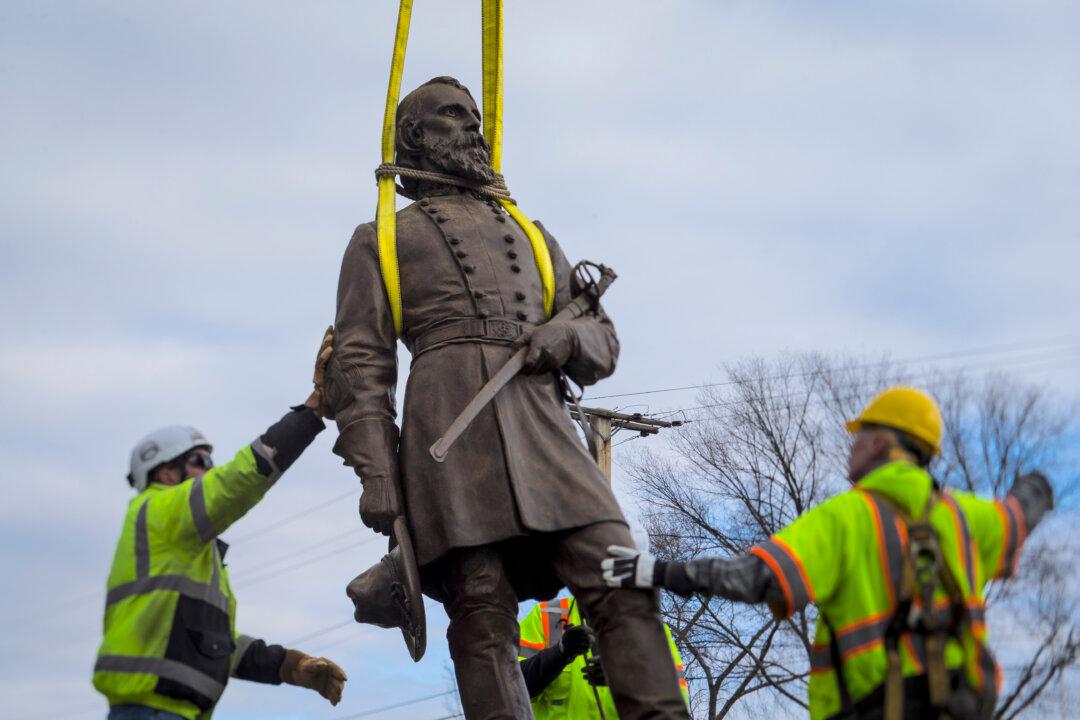Recommendations for the removal and renaming of multiple tributes to Confederate Gen. Robert E. Lee at the U.S. Military Academy were not made “with any intention of erasing history,” according to the Naming Commission report submitted to Congress.
“The facts of the past remain and the commissioners are confident the history of the Civil War will continue to be taught at all service academies with all the quality and complex detail our national past deserves,” the report noted. “Rather, they make these recommendations to affirm West Point’s long tradition of educating future generations of America’s military leaders to represent the best of our national ideals.”





